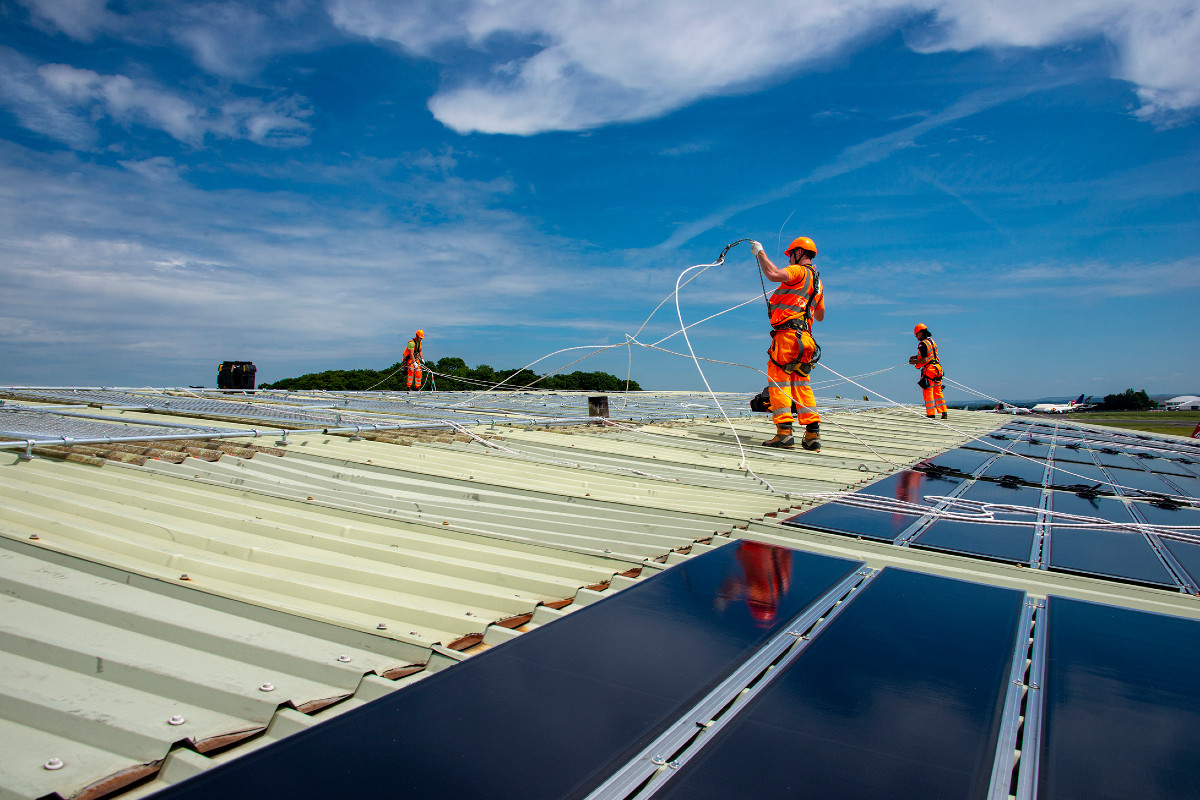RenEnergy is urging the UK Government to remove legal and financial barriers that slow the rollout of solar on leased commercial buildings.
In a new whitepaper, released in conjunction with South Norfolk and Broadland District Council, RenEnergy highlighted the legal, financial and logistical hurdles that have slowed adoption in leased premises – notably landlord permissions, responsibilities for maintaining the asset, and the capital expenditure required for installation.
It noted that for tenants, the primary obstacle is securing the landlord’s consent, while for landlords, reluctance often stems from perceived risk: the financial and administrative burden of maintaining the system and/or the risk of damage to the property. That’s despite there being multiple financing options for solar PV that could benefit all parties, including landlord-owned, tenant-owned, or third-party ownership via power purchase agreements (PPAs).
That’s why RenEnergy is urging the UK Government to get more involved with the process, especially in light of ongoing reforms to EPC rules in the non-domestic private rented sector, which gives both tenants and landlords stronger incentives to cut operational costs and improve ratings via on-site renewables.
What can the Government do to encourage uptake of solar PV in commercial leaseholds?
RenEnergy and South Norfolk and Broadland District Council highlighted several ways that the UK Government could get more involved and encourage the uptake of solar PV in commercial leaseholds. That includes:
- Encouraging or requiring standard lease provisions that allow tenant-led PV installations.
- Grants to cover any upfront remedial works required pre-installation.
- Clear guidance on risk allocation and maintenance responsibilities to reduce perceived exposure for landlords.
- Promotion of flexible financing models — including PPAs — suited to lease lengths and break clauses.
Damian Baker, Managing Director at RenEnergy, noted, “The government should recognise that addressing these barriers would align with the UK’s Clean Power 2030 Action Plan which aims to unlock the solar generating capacity of the UK and achieve 45GW of installed solar PV by 2030.
“Action needs to be taken such as encouraging or requiring property owners to include provisions in commercial leases that allow tenants to install solar panels, as well as providing grants to property owners to cover upfront remedial works that might be required. These types of solutions would ensure that the benefits of solar PV are equally available across the commercial sector.”

